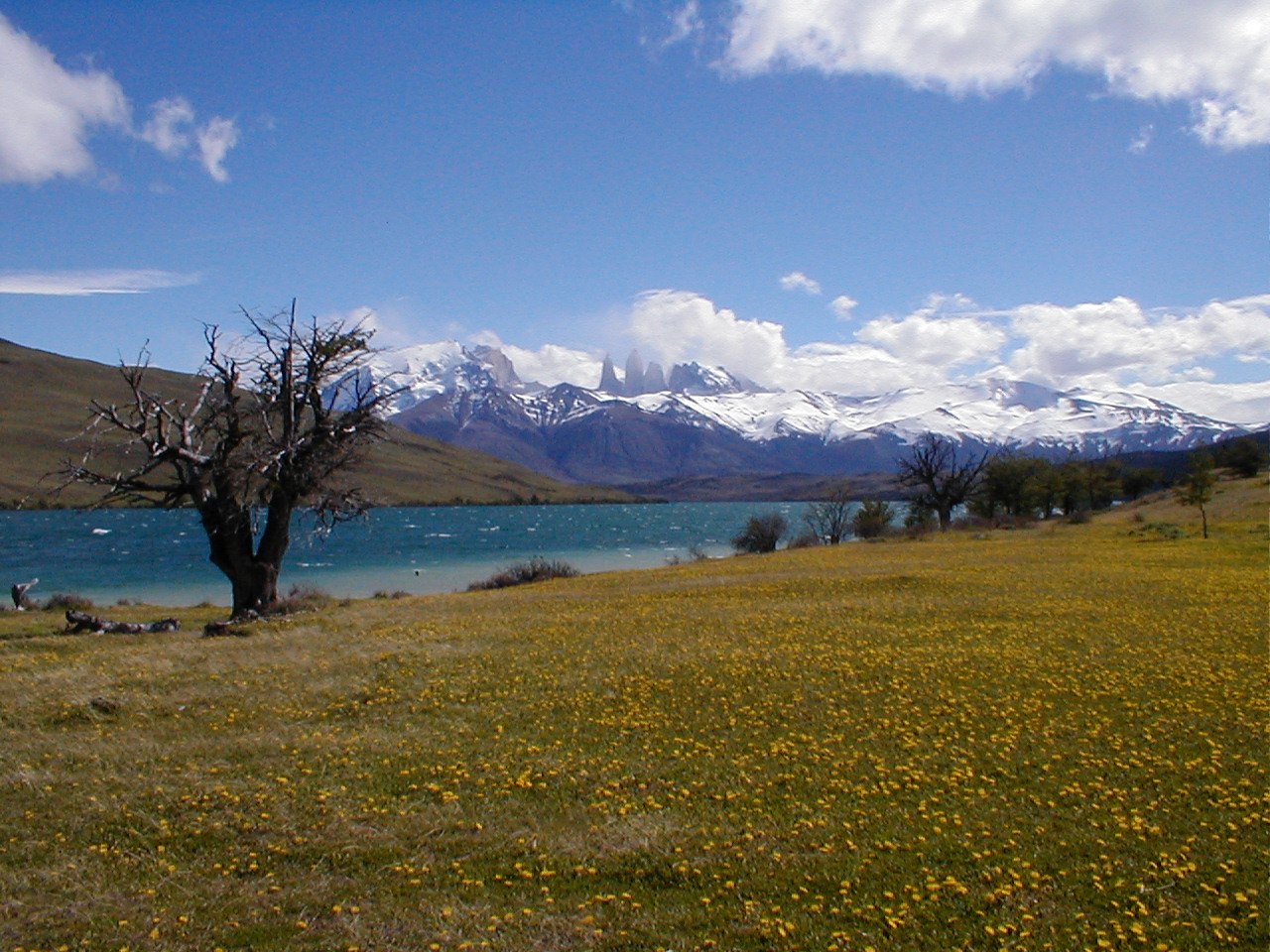
This morning on the CBC Radio One show The Current, I heard a piece about Douglas Tompkins, a San Franscisco millionaire. Seems he has been buying huge tracts of land in Chile and Argentina and turning them into nature reserves. Sounds great, no?
Not for everyone; the local people have big problems with this. So, here comes the rich, white, male foreigner into their country, buys their land, and tells them what to do with it. Not too crowd-pleasing. In some things I have heard, the media seems to be implying that the locals do not know enough about conservation, and this is why they disapprove of his project. How about the truth? That these countries are sick and tired of the West telling what to do, how to do it, and that they will be better off if they just listen. Sounds like the usual colonial, condescending attitude of the West to me.
Naturally, the local forest and other resource extraction industries are against this. But isn't it good to save the forests from destruction? But isn't it bad to take away the livlihood of the local people? Here we have the main problem in resource management.
My suggestion: by all means turn them into reserves, but the least he can do is help the government set up employment initiatives for jobs in or around the reserve, so that the locals will actually have a good reason to support it. As it is, they just see another white guy taking away their livlihood.
Having been in Environmental Studies for a few years now, it has come to my attention that the majority of the environmental movement (in Canada anyway) is middle class and white. Many such individuals (and this is a very general statement here, before anyone gets upset)are not able to see the vailidity in the above argument that I'm making. They would say that its our job to tell 'these people' how to take care of their environment....yes, the same people that live closer to it that we do by a mile. If Tompkins really wanted to help alleviate the situation, he could still create the reserves in close collaboration with local governments and the public to come up with a 'made locally' solution. But no, since its his money, he must have the final say on how it is spent, no? Ridiculous.
Here this segment of The Current here.

No comments:
Post a Comment